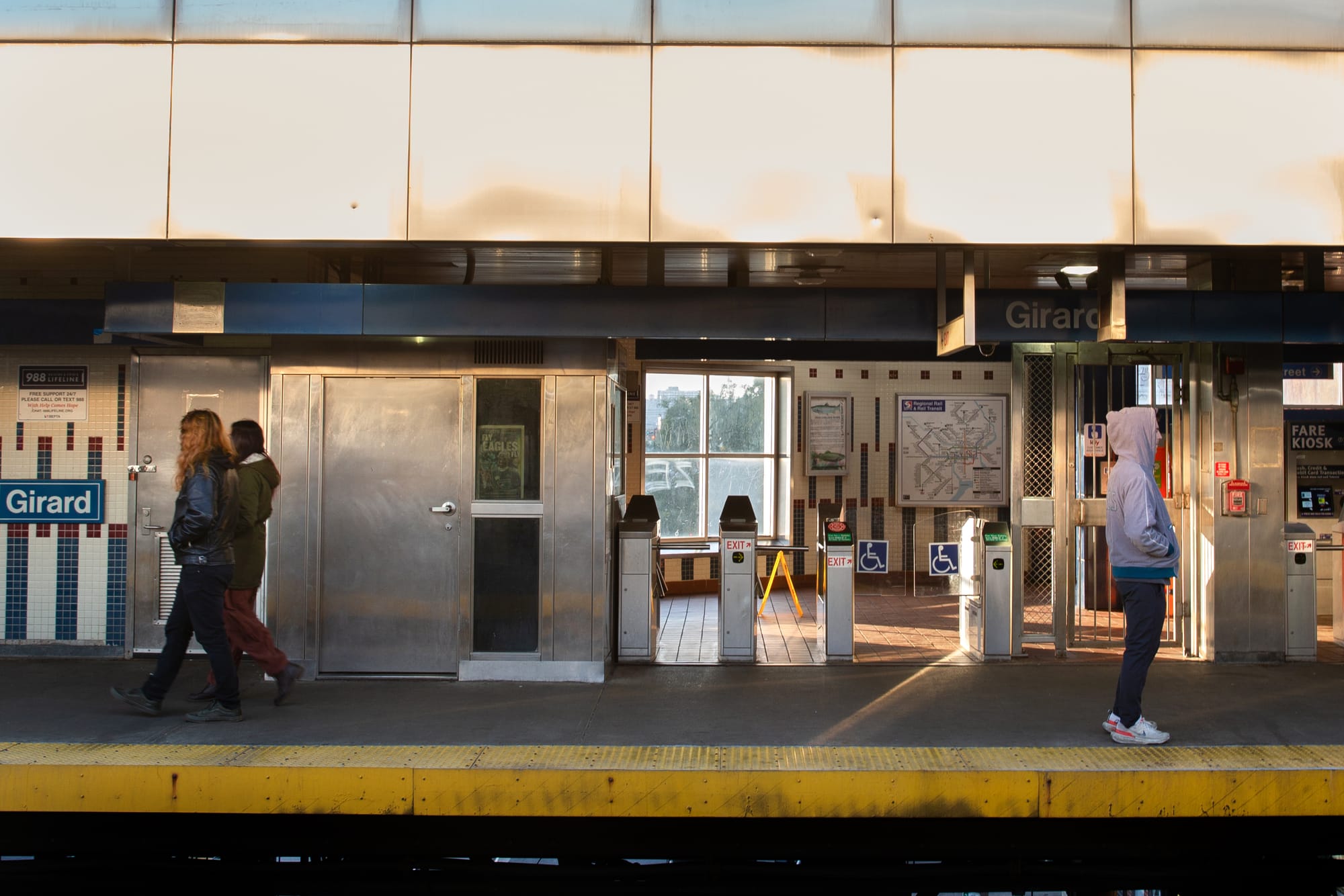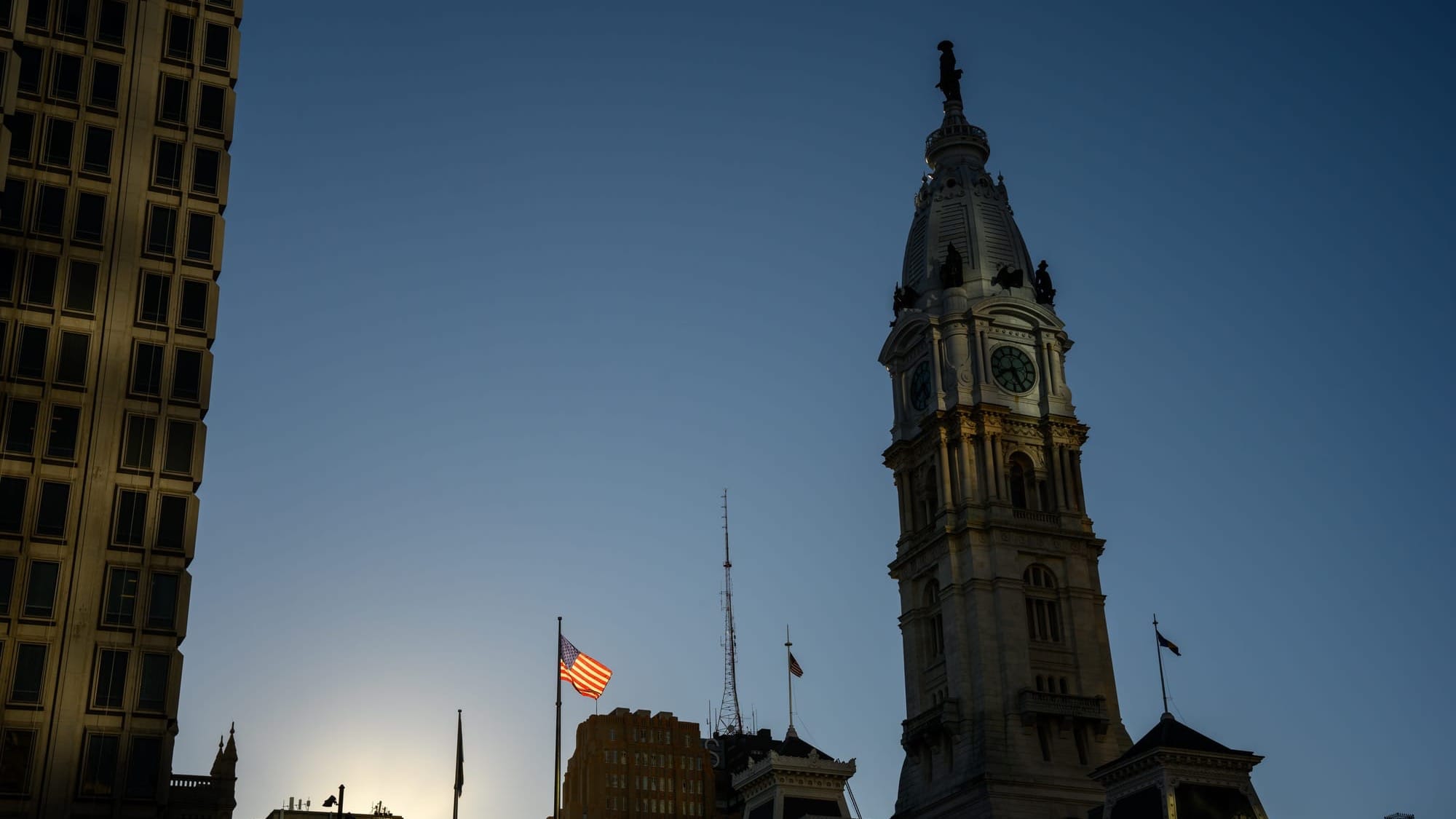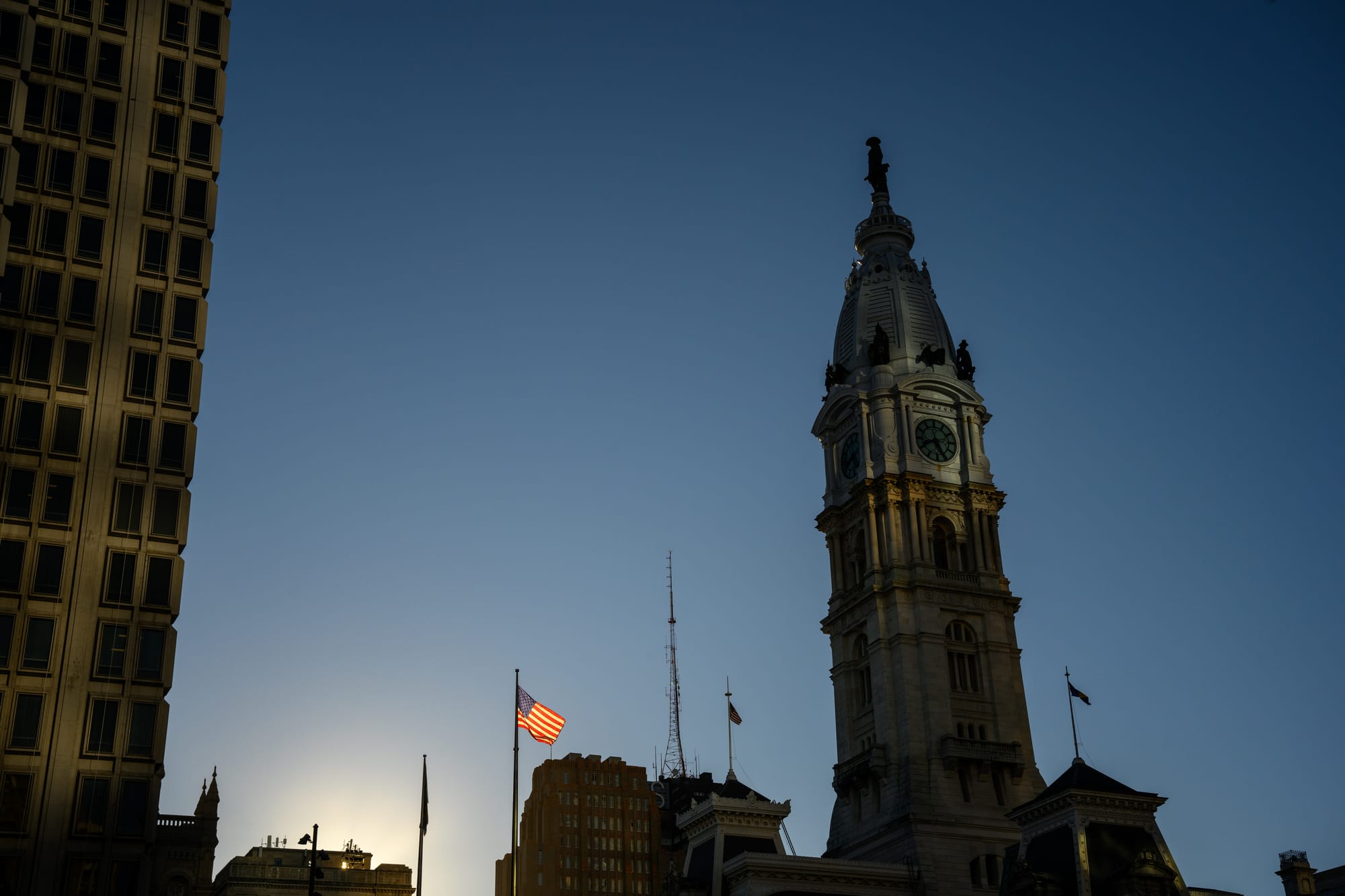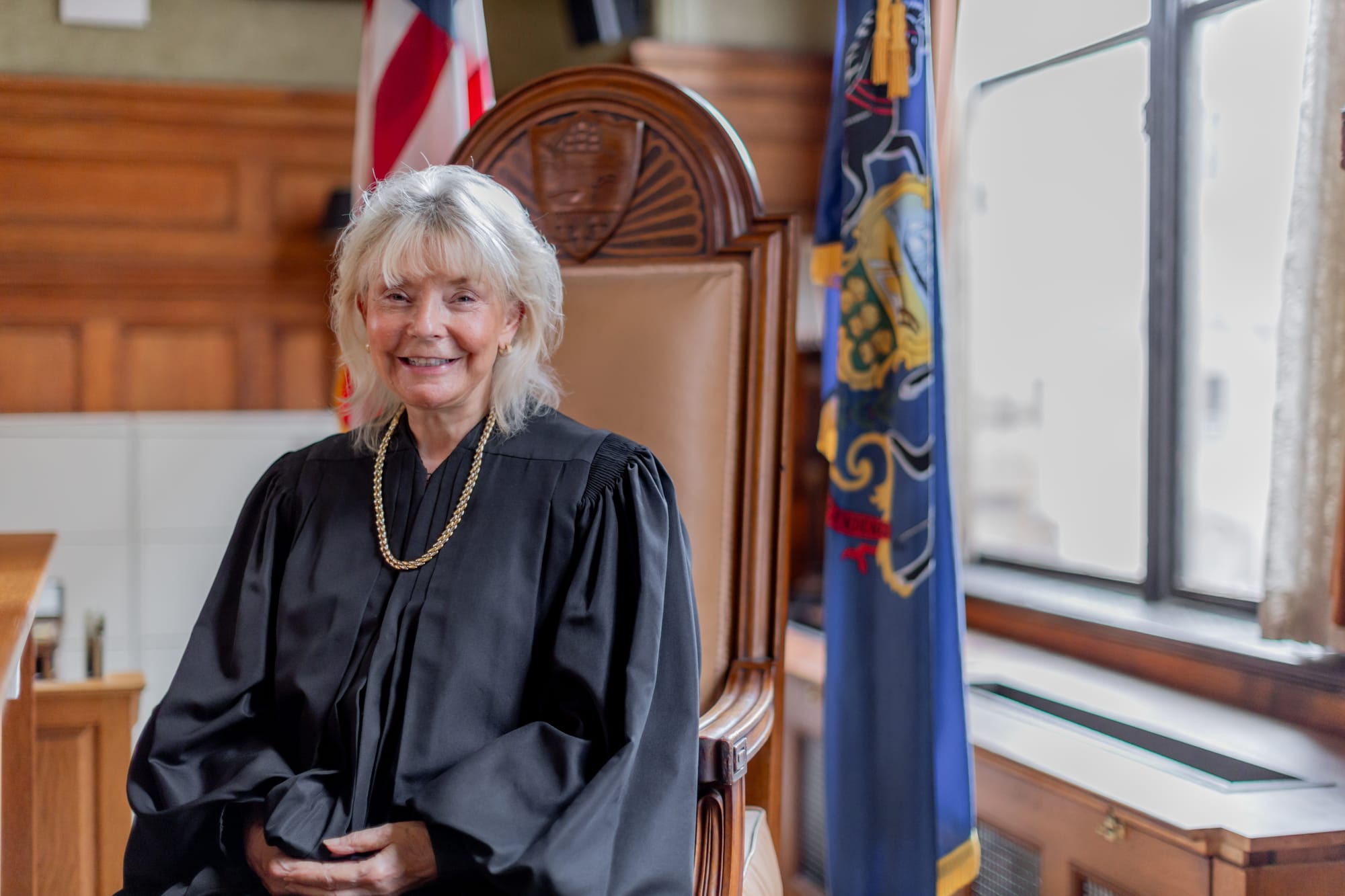Your Guide to Pennsylvania’s Courts: What’s on the Ballot This November
Judges at all levels impact your everyday life – both personally, professionally, and politically.
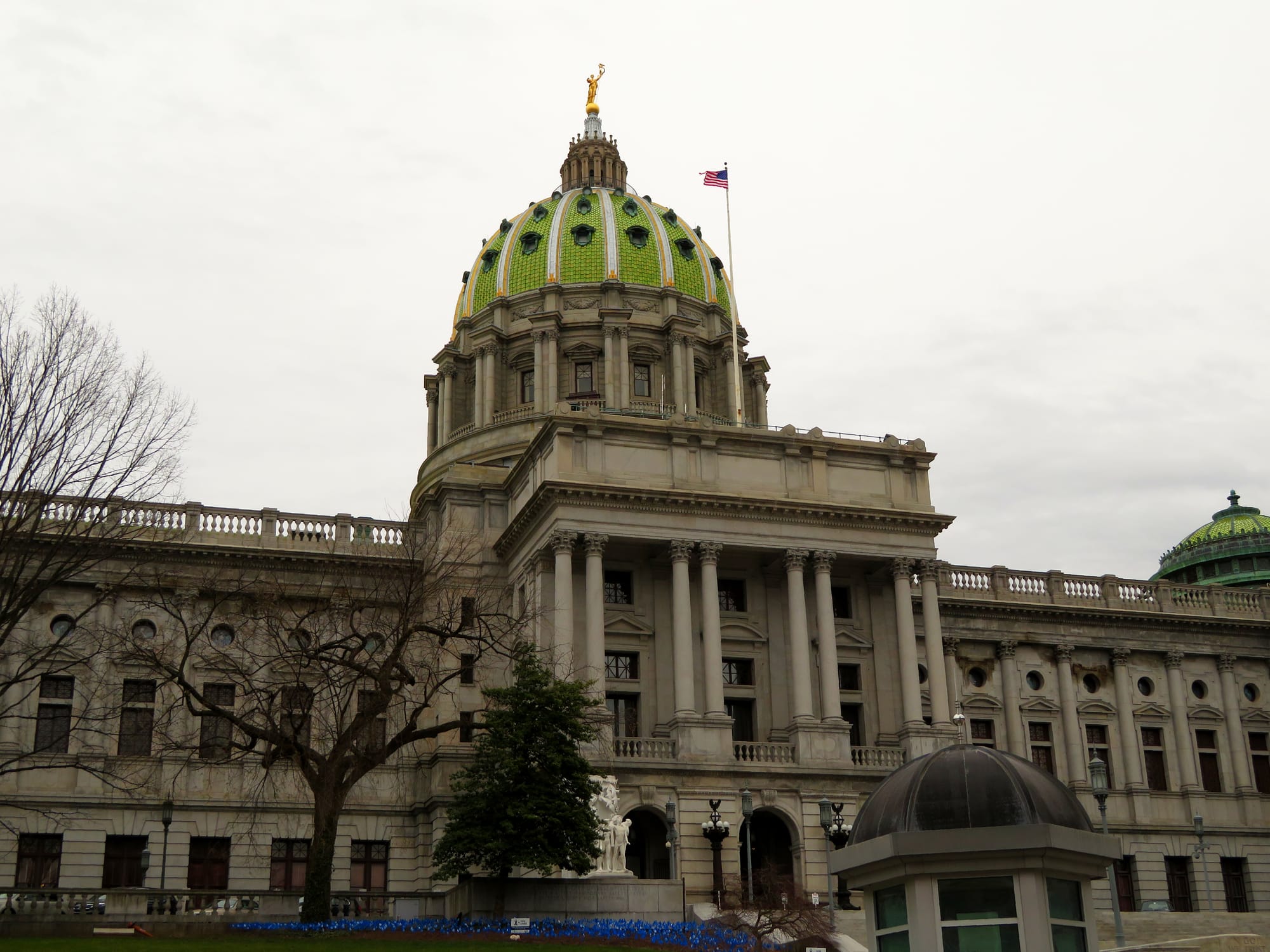
Pennsylvania voters will see several judicial races on the ballot this November. These races often raise questions: What do these courts actually do? What is a retention vote? And why do these decisions matter for everyday life?
This guide explains the basics, with insights from Temple Law School professor Omeed Firouzi.
The Commonwealth Court
The Commonwealth Court is one of Pennsylvania’s two statewide intermediate appellate courts.
As Professor Firouzi explains, “The Commonwealth Court [is] a court where people who have disputes with government agencies, for instance, will go before in order to hear their cases. One big area...is unemployment.”
If someone disagrees with the outcome of an unemployment compensation hearing, for example, they can appeal to the Commonwealth Court. The court also hears cases about voting rights and election law, reviewing how the Department of State interprets election rules and regulations.
Firouzi notes, “Those are some of the two bigger areas where you often would see things get escalated to that level.” Judges serve ten-year terms, first elected in partisan contests and then standing for retention votes if they want to continue.
In short: The Commonwealth Court handles cases that specifically involve disputes with government agencies.
The Superior Court
The Superior Court is the other statewide intermediate appellate court. Like the Commonwealth Court, it sits below the Pennsylvania Supreme Court, but it handles different types of cases.
Firouzi explains: “The Superior Court...is also an appellate court in Pennsylvania...They deal with various kinds of civil and criminal cases. That would be for, like, criminal matters or family
law matters that could be appealed to that level from the Court of Common Pleas.”
In short, if someone appeals a conviction, challenges a family custody ruling, or disputes a civil judgment, those appeals often land in the Superior Court. Judges here also serve ten-year terms and later appear on the ballot for retention.
In short: The Superior Court handles civil and criminal cases.
The Pennsylvania Supreme Court
The Supreme Court of Pennsylvania is the state’s highest court. It reviews cases from both the
Superior and Commonwealth Courts and has authority over the entire Pennsylvania court system.
Firouzi emphasizes its significance: “The Pennsylvania Supreme Court is the highest level court in the state...They’ve heard cases on a range of things involving civil rights and civil liberties and interpretations of Pennsylvania statutes.”
There are some recent decisions you’ve probably seen in the news that highlight its influence:
- In 2018, the Court struck down gerrymandered congressional maps under the state constitution’s “free and equal elections” clause.
- In 2020, it decided critical disputes over mail ballot deadlines during the pandemic.
- In 2023, it ruled that the state’s system of funding public schools was unconstitutional.
It has also issued important rulings about worker rights and public benefits, including unemployment eligibility for gig workers and the restoration of a state welfare program.
Currently, the Court has a 5–2 Democratic majority. Firouzi notes that three justices first elected in 2015 are now up for retention, meaning this year’s vote could affect the Court’s balance going forward.
In short: The Pennsylvania Supreme Court handles a variety of cases that are brought to them that couldn’t be previously resolved by other courts.
What Is a Retention Vote?
After serving their first ten years, judges on Pennsylvania’s appellate courts do not run against opponents. Instead, they appear on the ballot for a yes-or-no retention vote. Firouzi explains:
“A retention vote is the vote to whether you want to retain...a state Supreme Court justice, for example, or justices at lower levels on the courts.”
If voters choose “yes,” the judge serves another ten-year term. If the answer is “no,” the judge leaves office, and the governor appoints a temporary replacement until voters elect a new judge in the next cycle. While judges are rarely voted out, retention elections have become more visible in today’s charged political environment.
This year, three Democratic justices on the Supreme Court face retention. Firouzi points out that their original 2015 victories “cemented the Democratic majority on the state Supreme Court,” a majority that has since issued rulings with major political and social consequences.
In short: A retention vote decides whether or not the judges up for reelection stays or goes.
Why These Roles Matter
These courts may feel distant, but their decisions shape everyday life. The Commonwealth Court influences unemployment benefits and election rules. The Superior Court reviews criminal and family law cases that affect thousands of households each year. The Supreme Court sets precedents on issues as far-ranging as education funding, voting rights, and workers’ protections.
Retention votes ensure accountability while allowing judges to remain independent from the constant pressure of political campaigning. As Firouzi notes, retention elections are usually quiet, but “it’s become a more high-profile race in this politically charged era.”
In short: Judges at all levels impact your everyday life – both personally, professionally, and politically.

